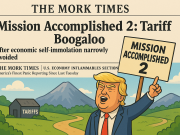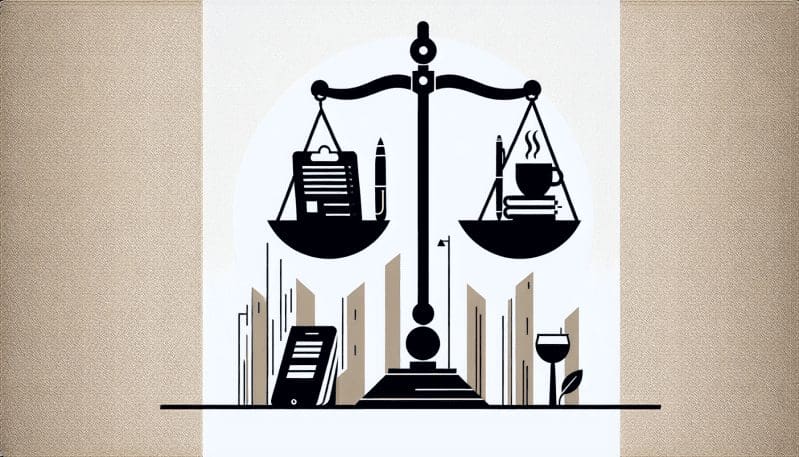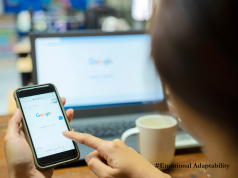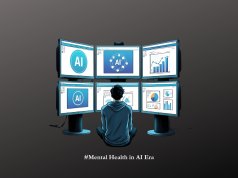In the city that never sleeps, the quest for work-life balance takes on a unique urgency. New York’s high-pressure work culture is both legendary and pervasive, raising important questions about the quality of life for its residents. As an experienced Labor Historian, I invite you to journey with me through the historical evolution of work hours, the increasingly blurred lines between work and home due to technological advancements, and the profound impact this relentless pace has on the mental health of New Yorkers.
Let’s begin by considering the evolution of work hours. Historically, the industrial revolution standardized the eight-hour workday, a concept that would later become known as the 9-to-5. In New York, with its bustling industries and finance sector, long hours have been a badge of honor—a symbol of determination and success. The New York Times, for instance, once catered to a readership that prided themselves on this work ethic. However, this mentality has sometimes led to an acceptance of work extending well beyond reasonable limits, eroding the boundaries of personal life.
With the advent of technology, the promise of convenience has often come at the cost of constant connectivity. Smartphones and laptops mean the office is never more than a tap away, and the expectations to be available around the clock have intensified. This tech-driven work culture has redrafted the very definition of the workplace, transforming homes into extensions of the corporate office and, for many New Yorkers, entrenching a 24/7 work mentality.
The consequences for mental health in a city already brimming with stressors cannot be overstated. Reports of burnout, anxiety, and stress-related illnesses are alarmingly high. The city’s pulse, while invigorating, does not lend itself to the downtime necessary for recuperation and personal well-being. Society is increasingly acknowledging the unsustainable nature of this lifestyle, with many calling for a redefinition of success that includes personal happiness and health.
So, what can New York employers do to promote healthier work-life integration? The answer lies in innovation and a willingness to challenge the status quo. Employers could consider implementing flexible working arrangements, encouraging employees to work remotely or choose their hours to accommodate personal commitments. Sabbaticals and mental health days could be recognized as essential for long-term productivity. Wellness programs that emphasize the importance of mental and physical health can also be a significant step forward. Above all, a cultural shift initiated by leaders who model and support work-life balance is critical.
As we ponder the future of work in New York, it is imperative to remember that the city’s strength lies in its people. Protecting their well-being is not just a moral obligation but a strategic imperative for maintaining the city’s vibrancy and productivity. By thoughtfully examining the concept of work-life balance in the context of our work-centric culture, we can begin to envision a New York that champions both professional ambition and the sanctity of personal time. Only then can we ensure that the city’s heart beats strong—not just tirelessly, but also with joy and fulfillment for all its inhabitants.
In a city famed for making dreams come true, it’s time we dream of a new kind of success—one that values the quiet moments as much as the bustling achievements. It’s time for a change, New York. Let’s lead the charge in redefining what it means to have it all.




























